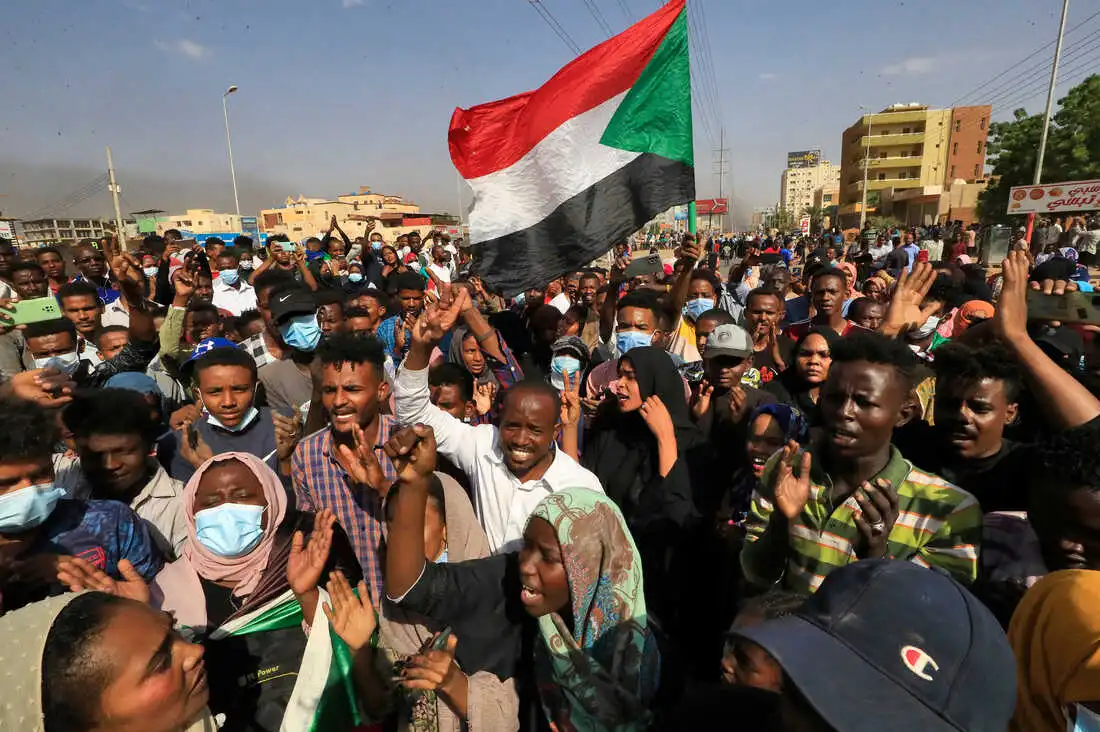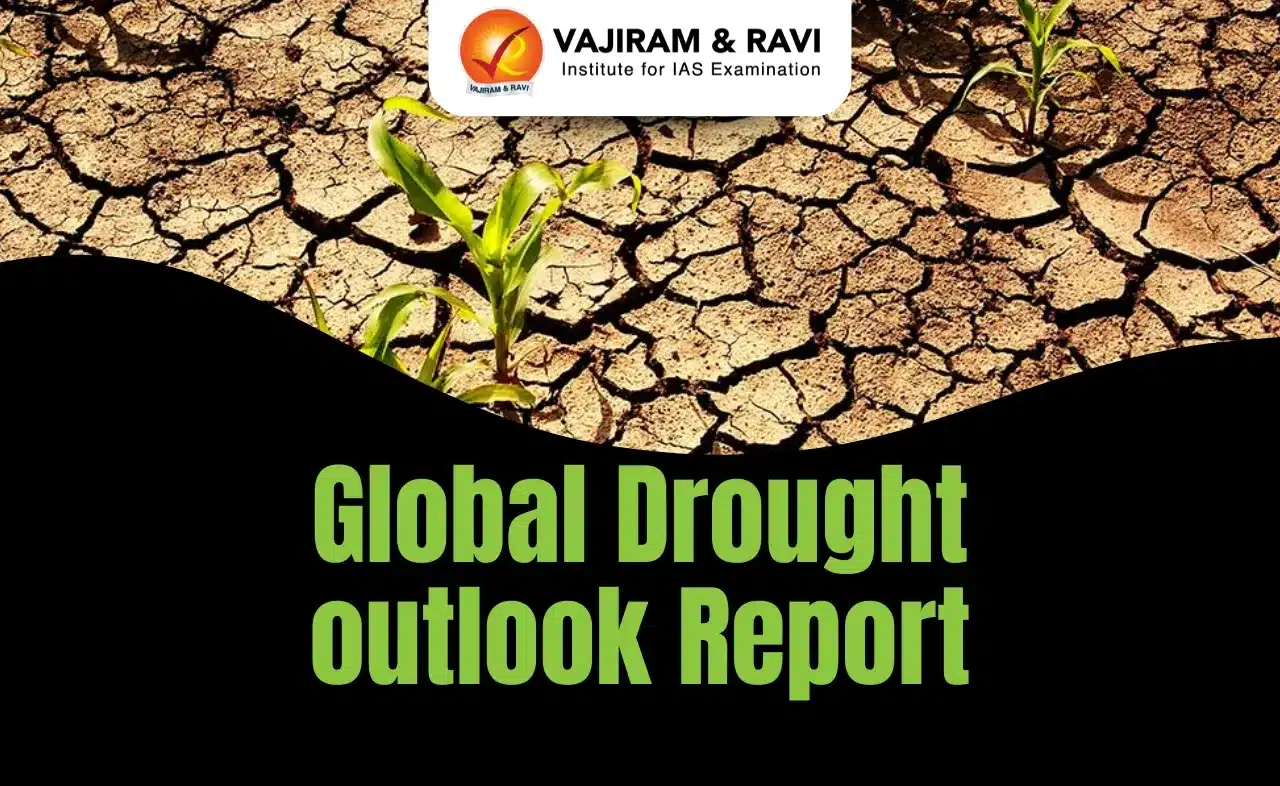About Sudan:
- It is a country located in northeastern Africa.
- Bordering Countries: South Sudan, Ethiopia, Eritrea, Egypt, Libya, Chad, and the Central African Republic.
- It borders the Sahara on the north and extends southward to the forests of West Africa and the Congo River basin.
- Sudan also has a significant coastline along the Red Sea.
- This narrow strip of water gives vital access to the Indian Ocean as well as the Mediterranean Sea through the Suez Canal.
- Capital: Sudan’s capital, Khartoum, is located roughly in the centre of the country, at the junction of the Blue Nile and White Nile rivers.
- Currency: Sudanese pounds (SDG)
- Colonial Rule:
- Following Egyptian occupation early in the 19th century, an agreement in 1899 set up a joint British-Egyptian government in Sudan, but it was effectively a British colony.
- Military regimes favoring Islamic-oriented governments have dominated national politics since Sudan gained independence from Anglo-Egyptian co-rule in 1956.
- For more than a century, Sudan—first as a colonial holding, then as an independent country—included its neighbour South Sudan, home to many sub-Saharan African ethnic groups.
- Prior to the secession of the south in 2011, Sudan was the largest African country, with an area that represented more than 8 percent of the African continent and almost 2 percent of the world’s total land area.
- Much of Sudan consists of deserts and arid grasslands with little in the way of vegetation. Massive plains and plateauscover most of the nation.
Current Crisis:
- A power struggle between the Sudanese army and the paramilitary Rapid Support Forces broke out in April 2023 ahead of a planned transition to civilian rule, killing thousands and triggering the world’s largest displacement crisis.
- One-third of the population is facing acute food insecurity, with numbers projected to increase to 40 percent of the population.
Q1: What is the United Nations Security Council (UNSC)?
It is one of the five principle organizations of the United Nations (UN). It has primary responsibility for the maintenance of international peace and security. Under the Charter of the UN, all Member States are obligated to comply with UNSC decisions. The Security Council takes the lead indetermining the existence of a threat to peace or act of aggression. It calls upon the parties to a dispute to settle it by peaceful means and recommends methods of adjustment or terms of settlement. In some cases, the Security Council can resort to imposing sanctions or even authorize the use of force to maintain or restore international peace and security.
News: Furious row at UN as Russia blocks Sudan ceasefire move
Last updated on June, 2025
→ UPSC Notification 2025 was released on 22nd January 2025.
→ UPSC Prelims Result 2025 is out now for the CSE held on 25 May 2025.
→ UPSC Prelims Question Paper 2025 and Unofficial Prelims Answer Key 2025 are available now.
→ UPSC Calendar 2026 is released on 15th May, 2025.
→ The UPSC Vacancy 2025 were released 1129, out of which 979 were for UPSC CSE and remaining 150 are for UPSC IFoS.
→ UPSC Mains 2025 will be conducted on 22nd August 2025.
→ UPSC Prelims 2026 will be conducted on 24th May, 2026 & UPSC Mains 2026 will be conducted on 21st August 2026.
→ The UPSC Selection Process is of 3 stages-Prelims, Mains and Interview.
→ UPSC Result 2024 is released with latest UPSC Marksheet 2024. Check Now!
→ UPSC Toppers List 2024 is released now. Shakti Dubey is UPSC AIR 1 2024 Topper.
→ Also check Best IAS Coaching in Delhi
























